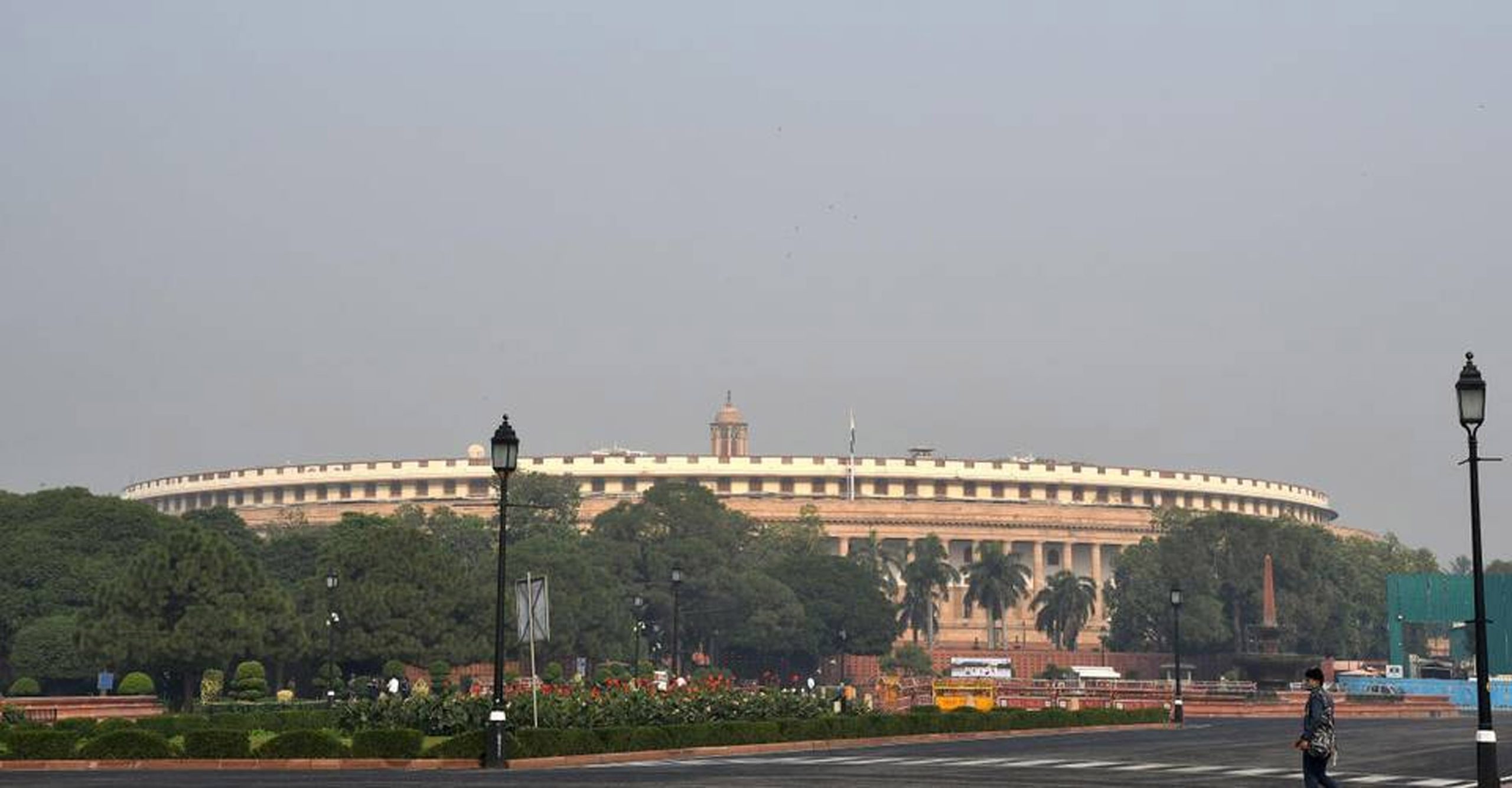Disruptions are a common occurrence in the Indian Parliament, with both the Lok Sabha (lower house) and Rajya Sabha (upper house) witnessing such disruptions from time to time. The disruptions can range from shouting and sloganeering to MPs storming into the well of the house and preventing the proceedings from taking place. The reasons for such disruptions can vary, but they are often related to issues such as corruption allegations, economic policies, social justice issues, or regional concerns. Sometimes, the opposition parties may stage protests to demand a discussion on a particular issue or demand the resignation of a Government official. On other occasions, MPs may disrupt the proceedings to draw attention to their grievances or to stall the passage of a bill. All this is part of democracy.
The importance of the working of both houses can be gauged by the fact that in the 17th Lok Sabha’s sessions of 2019, 40 bills were passed in Lok Sabha and 36 in RS, including the all-important Triple Talaq Bill, the Jammu and Kashmir Reorganisation Bill abrogating Article 370, and the Citizens Amendment Bill granting citizenship to migrants before 2015. In 2020, 40 bills in LS and 28 bills in RS were passed, including the controversial Citizenship Amendment Act, and the Farmers’ Bill, which were later repealed following widespread protests by farmers. The Monsoon Session of 2021 was disrupted due to the COVID-19 pandemic and adjourned prematurely. And after that, it is a blow hot, blow cold strategy, with the opposition raking up different issues and being adamant on them and the Government also not yielding to their demands. The temples of democracy, both LS and RS, have been reduced to boycott sessions only. The recent Parliament session from March 13 has also been whitewashed completely. It is difficult to pin the responsibility for disruptions on any one particular group or individual, as it can be the result of a combination of factors. However, disruptions in Parliament are typically caused by opposition parties or individual members who may choose to protest against the Government’s policies or legislative agenda. But the ultimate losers are the public and the country, which is also a tremendous loss.
All important issues of public interest are on the back burner now. People used to enjoy the live coverage of healthy discussions. The scenario has changed completely now. Protests involving shouting, displaying placards or banners, and disrupting proceedings by not allowing the House to function properly, are the new norm. Vice President had rightly said that disorder is the normal order now. It’s important to note that while opposition parties and members have a right to voice their dissent and opposition, disruptions can prevent important legislative business from being conducted and may delay or impede important policy decisions.
Vice President, the Chairman of Rajya Sabha, has pointed out all the relevant issues: both the Government and opposition have to interact, restore the back channel diplomacy, resolve all issues amicably, and honour the privileges of each other to conclude some common ground for healthy discussions and restore the normal business of both houses. MPs must understand that Parliament is not a battlefield to outclass the enemy. All MPs are from the same country, and under oath, they have to safeguard the interests of the people and work for their betterment. Ultimately, it is the responsibility of all members of Parliament, including the Government and the opposition, to work together to ensure the smooth functioning of the House and the effective representation of the people they serve. The Parliament logjam is in nobody’s interest. In this age of social media, the public is smart enough to understand what is going on and why. The world is watching us, the largest democracy in the world. It’s time to understand our responsibilities. Let better sense prevail.
Trending Now
E-Paper


